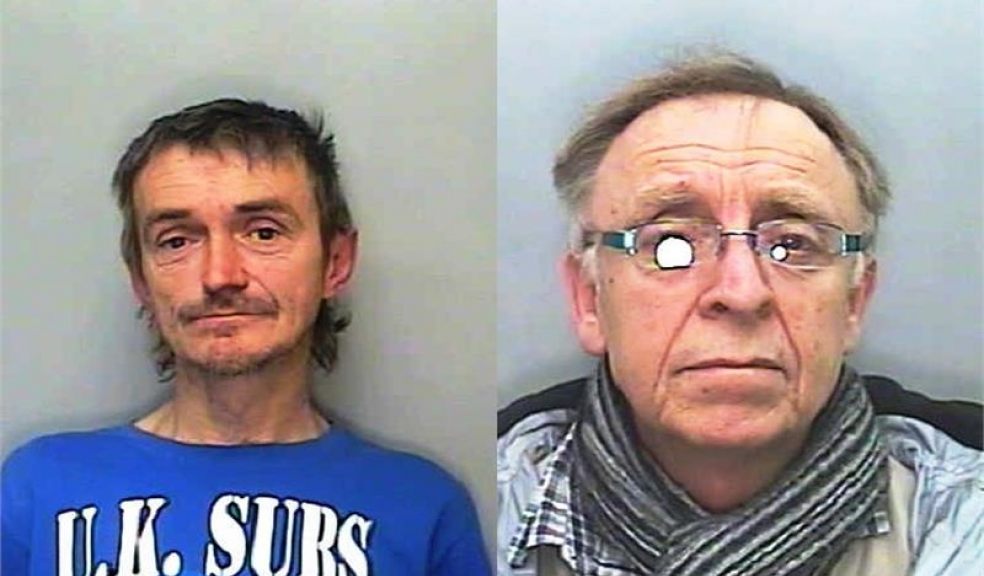
More proof that crime doesn’t pay
Two Devon criminals who ignored confiscation orders given as part of their sentences can now look forward to a longer spell in prison.
Paul Cartmell, 50, of Barrington Street, Tiverton, was given a two year custodial sentence, suspended for two years in March this year at Exeter Crown Court for possession with intent to supply heroin.
A confiscation order for £13,750 was imposed by the judge following work from Devon and Cornwall Police Financial Investigation Unit. Cartmell failed to satisfy the order and has now been sentenced to an additional 244 days in prison.
Christopher Webster, 56, of Braddons Hill Road West, Torquay, was sentenced to a 12 months custodial sentence at Exeter Crown in November 2013 on three counts of fraud. He was handed a confiscation order of £35,000 to be paid as compensation to his victims but has failed to pay and has been sentenced to an additional 353 days in prison.
In both cases, the jail term does not satisfy the order. Both Cartmell and Webster are expected to pay what they owe or face further time in prison until they have satisfied their respective confiscation orders.
Detective Sergeant Alex Bingham, from the Serious and Organised Crime Branch, said: “The Proceeds of Crime Act is changing the landscape of asset recovery. We can now identify property and bank accounts of criminals which will be frozen and confiscated by the police.
“When criminals benefit financially from their actions, our Financial Investigation Unit will seek to confiscate their assets to provide compensation for their victims, or reinvest the money into local crime prevention projects or local groups.
“We hope these additional sentences show that crime doesn’t pay. If criminals make money from their offences they will be pursued and their assets taken from them. If a criminal fails to pay, they can expect further time in jail until they have satisfied their confiscation orders.”














